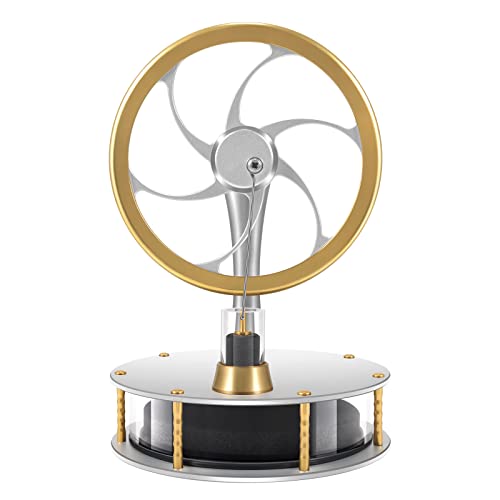Hello all.
My grand plan of getting new toys ( new, much bigger mill and lathe ) and then launching straight into a loco build, and a rarely built loco at that, is, I think, perhaps a little TOO challenging a way to get to know my new toys.
I want something a bit taxing, but where I loose only a few hours/days work with when I make the inevitable mistake, rather than weeks worth of work on something vastly larger.
Something that I would quite like to build, because I actually have a use for it, is a fair sized 2-stroke engine - something like a 0.60 or a 0.74 ( about 10 - 12 cc ) size. I've always liked the idea of a v-twin, but now I come to think of it, I don't think I've ever seen any plans for one.
So, I was wondering if anyone here has ever come accross any v-twin 2-stoke plans that are either in the right sort of size range or that I can scale up/down. Even better, plans and a build book, or a series in a magazine would be even better. I know there are a lot of straight-2's about, and they would do the job, but they're just not as nice to look at I think?
I think that might be a good challenge, but it's much smaller than a 5" loco. Not only that, it's small enough that I can throw it accross the room much easier if I make a serious mistake.
My grand plan of getting new toys ( new, much bigger mill and lathe ) and then launching straight into a loco build, and a rarely built loco at that, is, I think, perhaps a little TOO challenging a way to get to know my new toys.
I want something a bit taxing, but where I loose only a few hours/days work with when I make the inevitable mistake, rather than weeks worth of work on something vastly larger.
Something that I would quite like to build, because I actually have a use for it, is a fair sized 2-stroke engine - something like a 0.60 or a 0.74 ( about 10 - 12 cc ) size. I've always liked the idea of a v-twin, but now I come to think of it, I don't think I've ever seen any plans for one.
So, I was wondering if anyone here has ever come accross any v-twin 2-stoke plans that are either in the right sort of size range or that I can scale up/down. Even better, plans and a build book, or a series in a magazine would be even better. I know there are a lot of straight-2's about, and they would do the job, but they're just not as nice to look at I think?
I think that might be a good challenge, but it's much smaller than a 5" loco. Not only that, it's small enough that I can throw it accross the room much easier if I make a serious mistake.












































![DreamPlan Home Design and Landscaping Software Free for Windows [PC Download]](https://m.media-amazon.com/images/I/51kvZH2dVLL._SL500_.jpg)




























